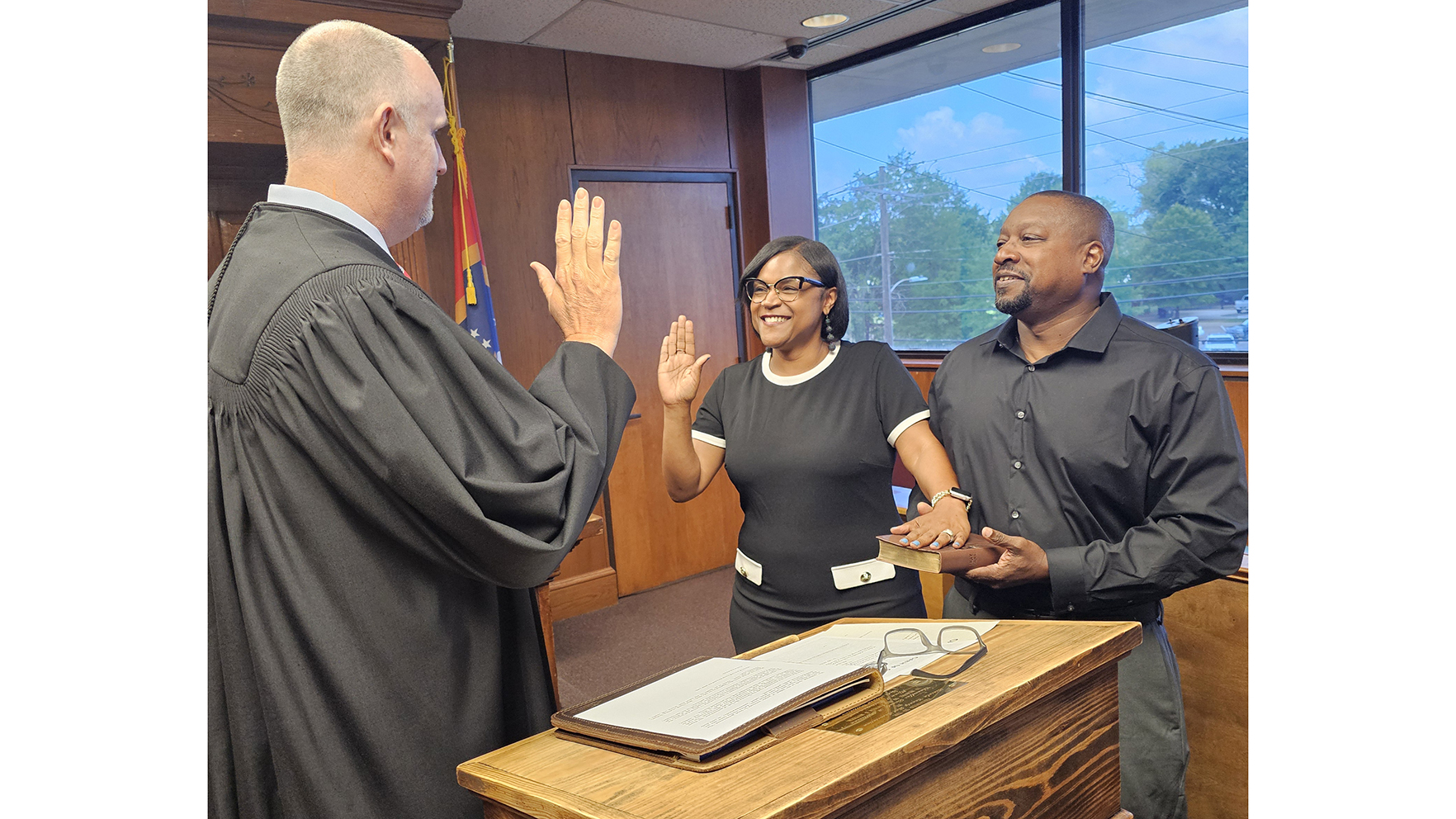Biden’s choice of Tom Vilsack as Secretary of Agriculture bodes well for Mississippi
Published 3:30 pm Wednesday, January 6, 2021
President-elect Joe Biden’s choice of former Iowa Gov. Tom Vilsack as his U.S. Department of Agriculture Secretary should bode well for Mississippi farmers whose agriculture production value was $7.35 billion in 2020.
As a former mayor, state legislator, governor and dairy industry advocate, Vilsack brings a wealth of experience to the job. He served eight years as the head of USDA during the administration of President Barack Obama. The Biden appointment will position Vilsack to become the second longest-serving USDA secretary since fellow Iowan James Wilson headed the agency from 1897 to 1913.
Vilsack, 69, is no stranger to Mississippi.
During his prior tenure at the helm of USDA, Vilsack toured the devastation of the 2011 F5 tornado that slammed Smithville and other Mississippi and Alabama communities. Vilsack joined then-Mississippi Gov. Haley Barbour, former Department of Human Services Secretary Janet Napolitano, former Federal Emergency Administrator Craig Fugate, Small Business Administration head Karen Mills, and Housing and Urban Development Secretary Shaun Donavan.
Vilsack in 2013 inspected several U.S. Department of Agriculture research projects being conducted on the Starkville campus of Mississippi State University and joined MSU President Mark Keenum for a press conference after the tour. Vilsack also met with students from the Division of Agriculture, Forestry and Veterinary Medicine during his MSU visit. In 2013, Vilsack met with members of the National Center for Appropriate Technology Gulf States Region office at the Mississippi Agricultural and Forestry Museum in Jackson. Vilsack spoke to the need for funding for small farmers and agricultural research, the U.S. Farm Bill, and financing for farmers and health needs in the Mississippi Delta.
Vilsack announced grants for the Miss. Association of Cooperatives, the Miss. Meat Goat Producers, among other grower cooperatives, and qualified producers under the Disadvantaged Producer program.
In 2015, Vilsack announced 53 grants totaling more than $18 million to support research, teaching, and extension activities in 1890 historically Black land-grant colleges and universities through USDA’s National Institute of Food and Agriculture. Alcorn State University received just over $1 million.
Mississippi remains deeply involved with the agriculture industry. Despite the state’s poultry and forestry industries taking a substantial hit from COVID-19 issues, flooding, tornadoes and other impacts, the state’s economy remains dependent on agricultural production and further processing.
Vilsack’s nomination met with criticism from the political left and one leading Biden supporter who either wanted new blood in the position or who felt it was time for a qualified member of the Black community to lead the agency.
U.S. Rep. James Clyburn of South Carolina, whose endorsement of Biden in South Carolina was critical to Biden’s resurgence in the Democratic primaries, is one of those voices.
“I’m sick and tired of people saying that rural America is only Nebraska and Iowa,” Clyburn told The New York Post recently. “Rural America is South Carolina; it’s Mississippi, it’s Alabama. It’s Georgia,” Clyburn said of southern states with a vast number of rural Black residents.
But strong voices across the agriculture industry, particularly trade groups, praised Vilsack’s selection — saying his experience in leading the sprawling agency is vital in the time of the COVID-19 pandemic.
While leading USDA, Vilsack appointed Keenum to the Foundation for Food and Agricultural Research (FFAR) board of directors that Keenum now chairs. FFAR was created by Congress in the 2014 Farm Bill to connect farmers, researchers and funding sources through public-private partnership.
Keenum, a former USDA undersecretary for Farm and Foreign Agricultural Services who was closely involved with crafting U.S. farm policy during his Capitol Hill days before taking the helm at MSU, said he believed Vilsack is “an excellent choice at a challenging time.”
Sid Salter is a syndicated columnist. Contact him at sidsalter@sidsalter.com.




